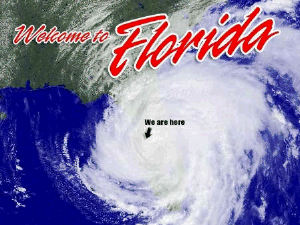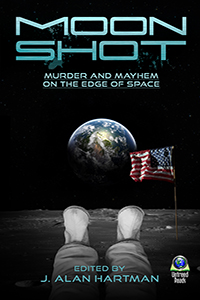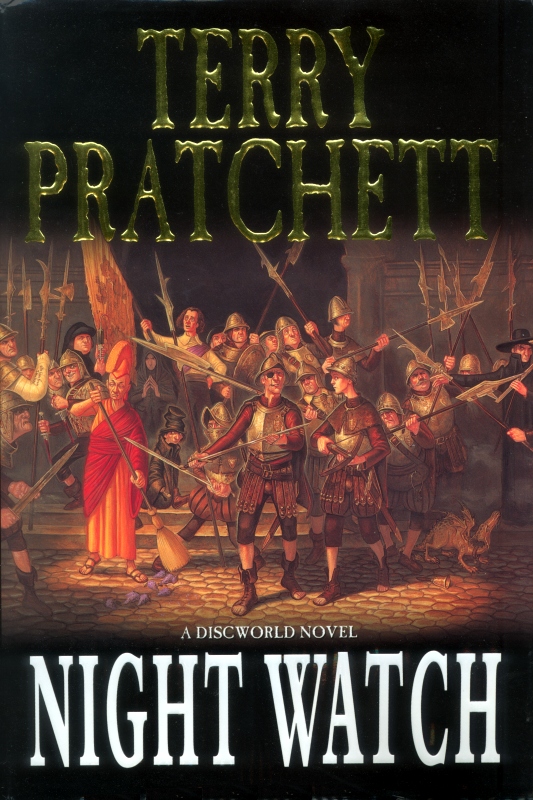She stands in the cold water, facing
Twenty-eight years ago my wife and I were on a Windjammer cruise -- 14 days, Antigua to Grenada, all under sail on a lovely ship that held 74 lucky passengers. The first night, at dinner, I glanced over at the couple sitting next to us and did a double take. They were in their sixties (to our 30s). He had shoulder length hair tied in a ponytail and sported a full beard; she had waist length hair. Both were dressed in tie-dye. Wow, I thought. Relics of the '60s! These are folks I need to meet.
That encounter, on the tall ship Mandalay, was the beginning to a 25 year friendship with two of the most interesting people we ever knew.
south toward an invisible island.
In the Sunday morning quiet
the redwing blackbirds
shuffle nervously in a thicket
behind the beach. The loon
makes no sound at all in its
purposeful passage.
For sixty years and more
she has tested the waters
this way. Soon she will
take the plunge. Intrepid swimmer.
For her there is never
backing out. Never. She will dive
into the salt waves and there will be
friendliness and fellowship and
sisterhood, and a spot of
solitude.
Her landlocked husband, a creature of air
and dirt, leans against a boulder
and watches her. His silence
goes with her, and with the loon.
He guards towel, glasses, sandals,
His heart flutters in the thicket.
He rests quietly at the margin
of the liquid world, waiting.
When she rises, rebaptized,
from the sea, she will find
a harbor here.
James Lowell McPherson
"She Stands in the Cold Water"
Last month I posted an article that largely praised the wonders of computerized research and our ability today to secure virtually any bit of information by merely clicking the correct keys on the nearest available laptop. At the time I wrote that post I intended to also address the flip side of the equation -- the things that we lose as we spiral down into that all-knowing ethernet vortex. But I have this problem (likely already evident) -- once I get started I can have a tendency to “write long.” The previous article sort of outgrew itself, leaving no practical room for a second chapter. Also I came to realize that the rest of what I had to say was not only about losing the more personal side of the research process, but about losing people themselves.
As noted in that previous article, ready access to the troves of information now available on the internet comes at a cost -- studies indicate a trend toward the reduction, and at times near disappearance, of short term and long term memory. As we come to rely on information assembled and cataloged on the internet more and more, our need to store facts in memory decreases, as does our ability to do so. What we potentially lose when this happens is the personal clothing that facts otherwise wear; the human side of the dry answer.
Dr. Kathryn Walbert, a professor at North Carolina University, has set the stage for the problem we face:
Historians of the eighteenth and nineteenth centuries can rely on extensive correspondence and regular diary entries for information about life in the past. But in today’s world, telephone, email, and web-based communication have largely replaced those valuable written records. Without oral history, much of the personal history of the late-twentieth and twenty-first centuries would be lost to future historians.
Now we risk losing even that if personal memories, anecdotes and remembrances, upon which oral histories are based, are no longer being retained by our galloping brains, which have concluded this congeries of entangled memories and recollections need no longer be stored.
And what do we risk losing, here? How better to illustrate than with an anecdote.
 |
| Jim and Phyllis on the deck of the Mandalay |
That encounter, on the tall ship Mandalay, was the beginning to a 25 year friendship with two of the most interesting people we ever knew.
I referenced Jim McPherson and his wife Phyllis King in that previous article, specifically in reference to Jim's amazing facility with words. Both Phyllis and Jim were poets, each an observer of all things past and present, and each a raconteur of the many adventures and lessons they had experienced in their varied lives. Over the years we spent many more vacations with Phyllis and Jim. And when they came down to Washington D.C. from their New York City apartment on Riverside Drive for visits we would spend memorable evenings in our backyard, or in our living room, drinking scotch and regaling each other with stories and observations.
One of the things I did not mention in that previous post was that Phyllis worked for twenty-five years at the telephone reference desk at the New York City library. I do not know how that desk is now run, but in the day -- in her day -- anyone could call in with a question and be assured that, for the number of minutes allotted each call by the library rules, the caller would have the undivided attention of a library employee who was both knowledgeable and willing to help them find the information that they sought.
All of this does tie back to our theme here. And here we go.
In 1989 a short article by the well-known author and photographer Stanley P. Friedman appeared in The New York Times, The article was also published in the December 1990 edition of Reader's Digest, from which I quote.
I needed to do some research for an article I was writing, so I called New York City’s library information service. A woman whose mellifluous voice I’ve recognized for years came on. Her willingness to help has been boundless. “What do you want?” she asked.
“I don’t think you’d have it. It’s sheet music. I need lyrics.”
“Which?”
“It’s a ‘40s song: ‘Spring Will Be a Little Late This Year.’”
“Oh, yes. That’s from a Deanna Durbin movie.”
Pause. And then, would you believe it, she started singing it to me. Mind you, sing, not recite. The lyrics tripped along swiftly.
They took me back to the London that I was writing about. September 1944. V-2s in blossom.... We met in the Strand Palace Hotel bar. We were both lonely and 19. We went to see Christmas Holiday with Deanna Durbin. She sang “Spring Will Be a Little Late This Year.”
End of flashback. Back to the Singing Librarian. At song’s end I said: “That was beautiful. You broke my heart. But you’ll have to say the words slowly so I can write them down.”
She did, I wrote, then I asked, “What’s your name?”
“We’re not allowed to give that information.”
“That’s okay,” I said. “I know you.”
So do I. No rules here: That was Phyllis King.
Google will give you the lyrics to that Deanna Durbin song, but there is so much more that it will not be able to do. Life has a poetry to it that is beyond Google’s keen. And that is what we risk losing.
| Thomas Point Lighthouse |
Phyllis died in 2007. Jim brought her ashes, encased in a brightly colored origami wrapper of corrugated paper, down to Washington, D.C., and with him we struck out on our 1982 Carver, motoring up the Chesapeake Bay to Thomas Point Light. As Amazing Grace played over our speakers we set the origami boat afloat in the Bay. It bobbed a few times, testing the water, and then pointed down, just as Phyllis always did, and dove for the depths.
One year later Jim died. His ashes are spread on the shore, looking out toward the waters of Thomas Point Light. There with the boulders. Watching.
When I am gone
I will not haunt
with sad face
and mournful cries.
I will follow you
like a child’s balloon
bobbing at your shoulder,
bumping your face
with my red or pink
or blue surface,
touching you,
saying I am there.
Phyllis King
"Early Morning Balloon Poem"
November 10, 2005





















